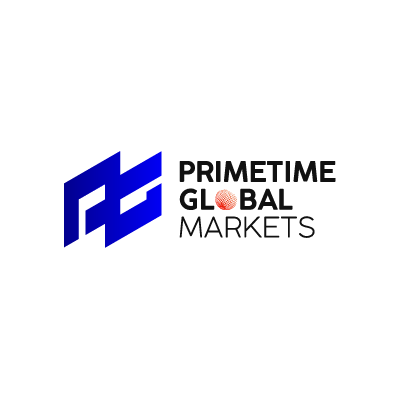In today's digital age, forex trading has become increasingly popular among investors seeking opportunities beyond traditional markets. However, with numerous platforms available, it can be challenging to determine which ones are legitimate and adhere to necessary regulatory standards. This article delves into the critical aspects of regulatory compliance and security in forex platforms to help traders make informed decisions.
Understanding Regulatory Compliance
Regulatory compliance is essential for any financial service provider, including forex platforms. It ensures that these platforms operate within legal frameworks designed to protect consumers from fraud and unethical practices. Key areas of focus include anti-money laundering (AML) measures, know your customer (KYC) policies, and data protection regulations. A compliant platform will have transparent processes and documentation to verify its legitimacy.
The Role of Security Measures
Security is another crucial factor when evaluating a forex platform. Traders need assurance that their personal information and funds are safe from cyber threats. Platforms should implement robust encryption technologies, two-factor authentication, and regular security audits to safeguard user accounts. Additionally, checking whether a platform holds valid insurance against potential losses due to hacking incidents adds an extra layer of confidence.
Evaluating Trustworthiness
When assessing a forex platform’s trustworthiness, consider factors such as licensing by reputable authorities like CySEC or FCA. These agencies enforce strict guidelines regarding transparency and fairness in trading operations. Furthermore, reading reviews from current users provides valuable insights into real-world experiences with the platform’s performance and customer support services.
Key Features To Look For
A legitimate and secure forex platform typically offers several desirable features. These may include competitive spreads, diverse asset classes for trading, easy-to-use interfaces, and responsive customer service channels. It’s also beneficial if the platform supports multiple languages and currencies to cater to international audiences effectively.
Conclusion
Choosing the right forex platform involves careful consideration of both regulatory compliance and security measures. By understanding these elements, traders can minimize risks associated with fraudulent activities while maximizing their investment potential. Always prioritize platforms that demonstrate strong commitment towards adhering to global standards and providing excellent user experience.













